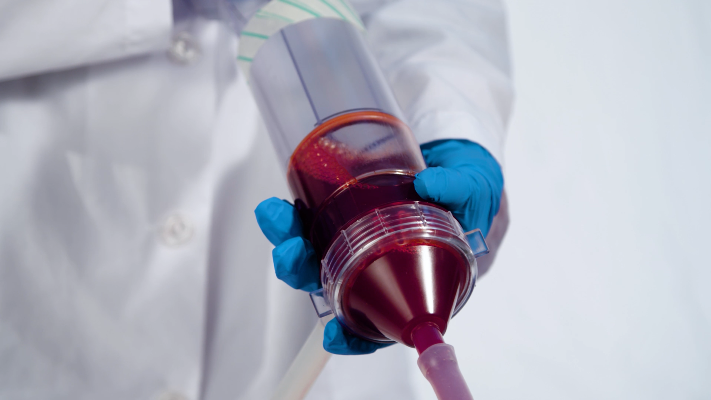This week, the U.S. Agency for International Development (USAID) and the Ugandan Ministry of Health are celebrating the successful conclusion of the USAID/Uganda Health Supply Chain activity, implemented by Management Sciences for Health. Since 2014, the activity has focused on improving the overall health of the Ugandan people by ensuring that Ugandans have uninterrupted access to medicines and medical supplies.
For example, while 65 percent of the health facilities in Uganda had tuberculosis medicines available in 2015, as a result of the program, by 2020, 83 percent carried these life-saving drugs, helping the majority of Ugandans suffering from tuberculosis get treatment and lead healthier and more productive lives.
The U.S. government is the single largest donor to Uganda’s health sector, contributing 32 percent of total health spending in Uganda every year and accounting for 76 percent of all foreign contributions to Uganda’s health sector. Through USAID, the United States has invested approximately $39 million over six years to create a consistent and reliable system to manage the supply chain for essential medicines and medical supplies.
“Through the support of the American people, the program has significantly improved the quality of life of Ugandans, including people living with HIV/AIDS and those suffering from malaria, tuberculosis and other diseases, as well as improved maternal, child and adolescent health,” said USAID Mission Director, Richard Nelson.
The program has made a long-lasting impact on Uganda’s health sector by creating an environment that enhanced regulation, oversight, and monitoring of the medical supply chain system. Between 2014 and 2020, the number of health facilities with the must-have essential medicines and supplies increased from 65 percent to 81 percent. In addition, 1,537 public health staff were trained in inventory management and supportive supervision, improving accountability and management. Support to the Ministry of Health’s Pharmacy Department ensured that 1.25 million (84%) of Ugandans living with HIV received uninterrupted medicine and treatment. The activity also strengthened the nation’s preparedness for outbreaks and epidemics. During the COVID-19 pandemic, it provided emergency response support and developed a web-based tool that allowed rapid and focused medicine distribution.
While the current activity is closing, USAID’s critical support for Uganda’s health supply chain will continue under a new award. USAID is pleased to continue working with Management Sciences for Health and in partnership with the Ministry of Health to implement the new program, building on our accomplishments, and developing a sustainable and mature health supply chain system for Uganda.




